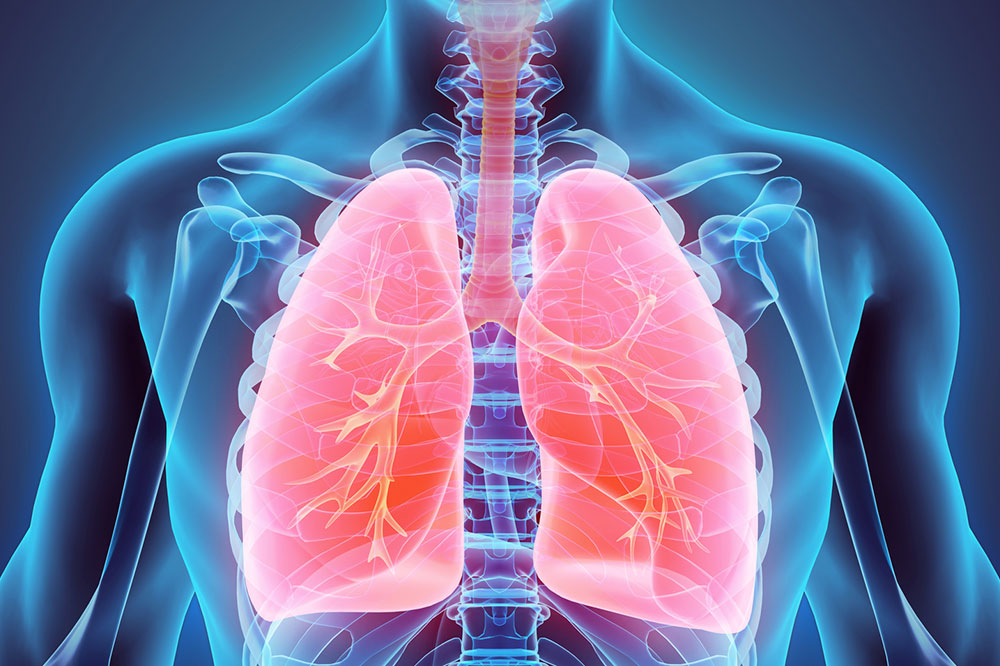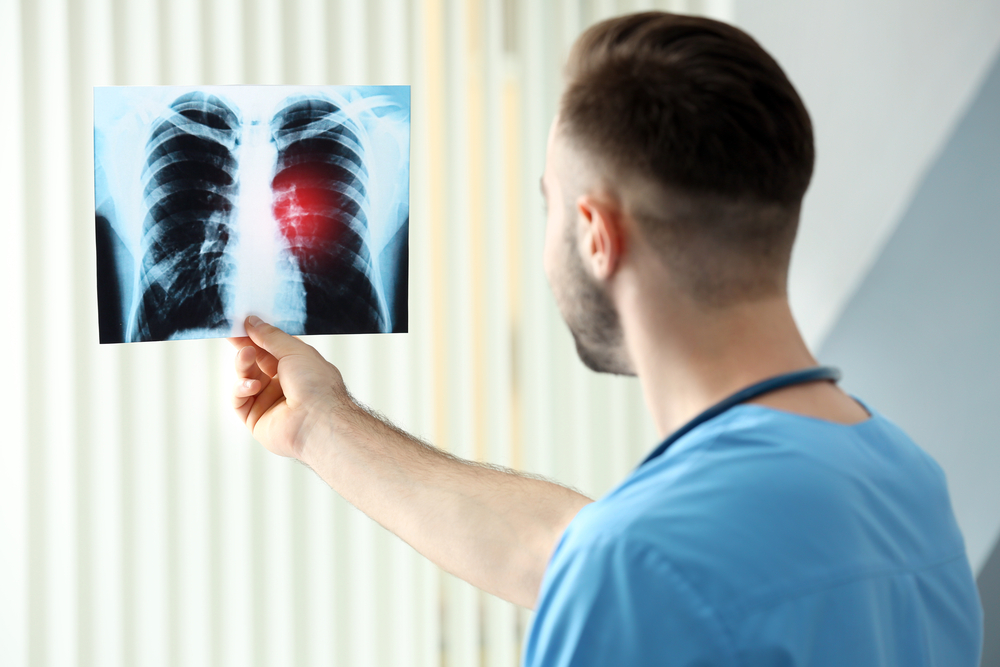Essential Insights into Lung Cancer: Causes, Symptoms, and Treatments
This comprehensive guide explores lung cancer's origins, symptoms, risk factors, treatment options, and supportive care. It emphasizes early detection and personalized treatment strategies, along with nutritional and lifestyle tips to improve quality of life for patients. Understanding these key aspects can aid in prevention and management of this common cancer.

Essential Insights into Lung Cancer: Causes, Symptoms, and Treatments
Lung cancer originates in the lung tissue and is among the most common forms of cancer globally. Although smoking remains the dominant risk factor, non-smokers are not immune. The risk amplifies with prolonged and intense smoking habits, but quitting can greatly lower the chances of developing the disease. It occurs when abnormal cells grow uncontrollably, forming tumors that can invade adjacent tissues and spread through the bloodstream or lymphatic system, commonly affecting organs like the brain, liver, bones, and adrenal glands. About 95% of cases arise from epithelial cells lining the airways, known as bronchogenic carcinomas.
Signs and Symptoms
In early stages, symptoms may be subtle, such as a persistent cough or shortness of breath, often mistaken for other lung issues. As the disease advances, individuals may experience fatigue, unexplained weight loss, chest pain, wheezing, hoarseness, and swelling of the face or limbs. Later stages might involve bone discomfort, neurological disturbances, or headaches. Early recognition of these symptoms is vital for successful treatment outcomes.
Primary Causes of Lung Cancer
Smoking: The chief cause, responsible for around 90% of cases. Risk correlates with cigarette consumption per day and total years smoked, measured in pack-years. Exposure to secondhand smoke also increases risk.
Asbestos Exposure: Inhaling asbestos fibers damages lung tissue and, especially when combined with smoking, raises cancer risk.
Other contributing factors include radon exposure, genetic factors, certain lung diseases, environmental pollution, and exposure to diesel exhaust fumes.
Therapeutic Approaches
Customized treatment plans are developed by multidisciplinary medical teams. Early detection of non-small cell lung cancer often involves surgery (removing tumors or lung segments) and sometimes chemotherapy. Advanced cases may require combination therapies such as surgery, radiation, targeted drug treatments, immunotherapy, or palliative care. Working closely with specialists ensures the best possible outcomes.
Complementary and Supportive Care
Home remedies cannot cure lung cancer, but techniques like massage, meditation, and yoga can help reduce stress and improve mental well-being. Maintaining a balanced diet, staying hydrated, and consuming nutrient-rich foods can support overall health during treatment.
Nutritional Guidance
Proper nutrition plays a crucial role. Consuming high-quality, nutrient-dense foods when appetite is available, eating smaller frequent meals, and opting for high-calorie, low-sugar options can aid in weight maintenance. Herbal teas such as ginger or mint may also assist in supporting recovery during therapy.


